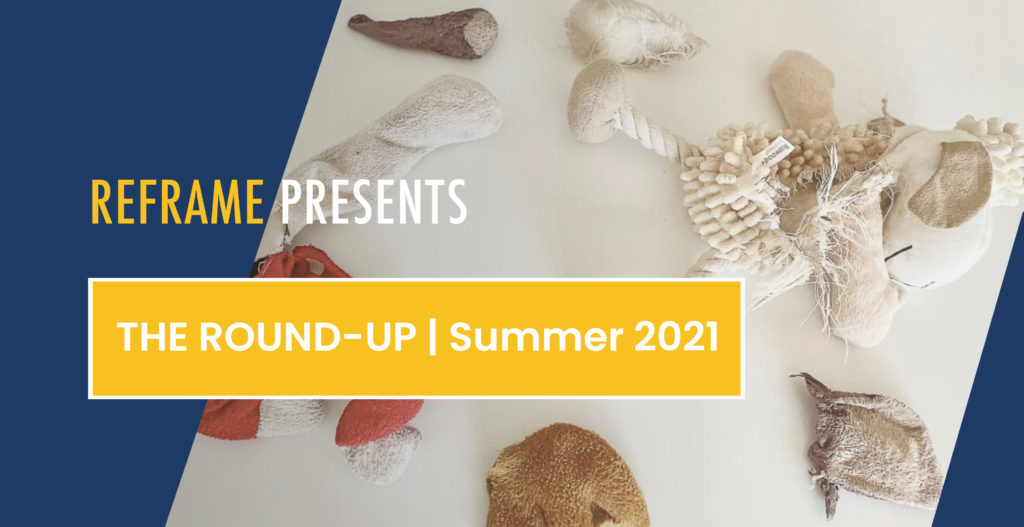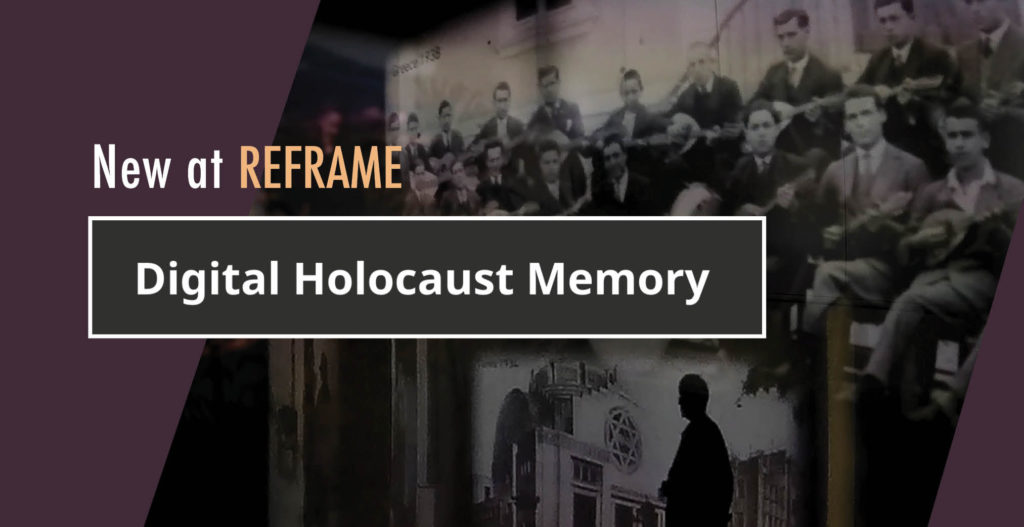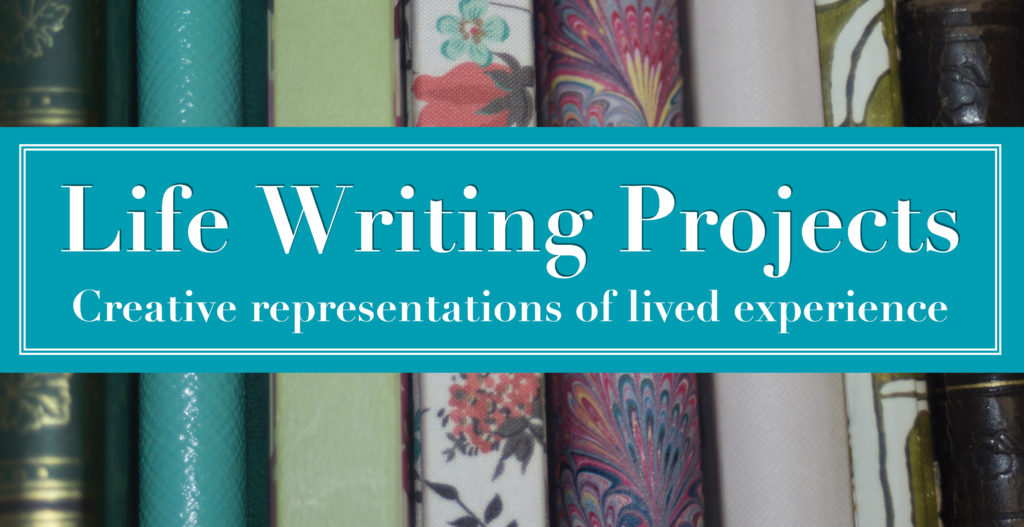We are excited to present a round-up of the various content posted across the REFRAME network over the last few months. A host of newly published open access scholarly posts and projects are available to read and explore now.
Read more below for details about each update:
- New project added to the REFRAME network: the Digital Holocaust Memory Project. The project aims to spark conversation, as well as map the digital Holocaust memoryscape, interrogate the ‘newness’ of digital Holocaust memory, and establish a network of academics and digital users around the world.
- A host of new content at Mediático – research, news and perspectives on Latin(o/a/x) American, Spanish and Portuguese media cultures.
- New issue of SEQUENCE: REFRAME’s experimental, peer-reviewed, media, film and music studies serial publication. It is published in a sequential edited-collection format.
- New pieces at Life Writing Projects: creative representations of lived experience that set their own rules rather than following the conventions of genres such as memoir or biography.
NEW PROJECT: THE DIGITAL HOLOCAUST MEMORY PROJECT
Editor: Victoria Walden
In March, the Digital Holocaust Memory Project was added to the REFRAME network. Edited by Victoria Walden, this site explores the opportunities and challenges that ‘the digital’ brings to Holocaust memory. The project aims to spark conversations that can interrogate the ‘newness’ of digital Holocaust memory, as well as establishing a network of academics and digital users around the world. The project has hosted a variety of online events, and recently held its May panel, featuring a discussion of the tensions between the Holocaust and social media cultures.
Keep an eye on Twitter and Facebook for news of upcoming events and new blog posts from the scholars at the Digital Holocaust Memory Project.
NEW POSTS ON MEDIÁTICO
Editors: Dolores Tierney, Catherine Grant

Cinegogía: Resources for Teaching Latin American Film

In a collaboration with Mediático, Bridget Franco’s post introduces Cinegogía: a digital humanities project, focusing on teaching resources for Latin American film and media. Cinegogía provides an array of open access resources that can accommodate a wide variety of approaches to teaching Latin American film. Cinegogía, as a digital humanities project, is dependent on collaboration, and Franco’s post includes information about how to contact the project, if you are interested in a particular specialisation.
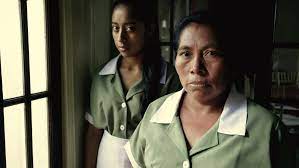
The Haunting Memories of La Llorona (Jayro Bustamante, 2019)
Maria Chiara D’Argenio explores the political horror movie, La Llorona, and its presentation of accountability, indigenous suffering and social responsibility in Guatemala. Jayro Bustamante’s film was nominated for a Golden Globe, but missed out on an Academy Award nomination, despite doing well in the film festival circuit. D’Argenio analyses Bustamante’s reworking of the Mesoamerican legend, La Llorona, in order to tackle Guatemala’s indigenous genocide in the 1980s.
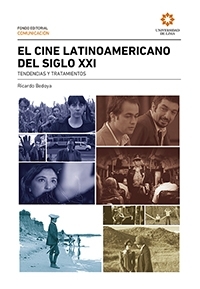
Book Review: El Cine Latinoamericano de Siglo XXI: Tendencias y Tratamientos by Ricardo Bedoya
Natalia Ames writes the first post in a new Mediático short series focusing on film criticism in Peru. She reviews Ricardo Bedoya’s book, which presents the diverse filmmaking styles in Latin American cinema over the last two decades. Bedoya is Peru’s most well-known film critic, and his book draws distinctions between Latin American cinema of the 1960s and more contemporary productions. Ames advocates for the importance of Bedoya’s work in rediscovering Latin American cinema.
Keep up to date with new Mediático posts on Twitter and Facebook, as well as on REFRAME’s channels.
NEW ISSUE OF SEQUENCE
Editors: Katherine Farrimond and Russell Glasson, with Joanna Callaghan
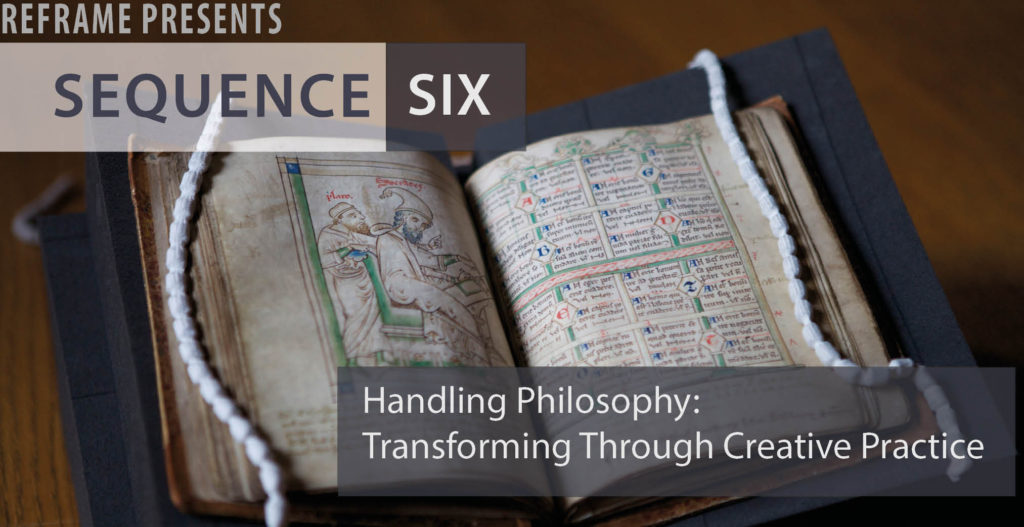
The sixth issue of SEQUENCE: ‘Handling Philosophy: Transforming Through Creative Practice’ is available to read now. SEQUENCE is REFRAME’s experimental, peer-reviewed and sequential edited-collection format. This issue asks – what is philosophy for? It concerns a tension between creative praxis aiming to produce ‘stuff’ beyond the academy, alongside philosophy’s totalising structures. The first issue in SEQUENCE Six is Joanna Callaghan’s ‘Ontological Narratives: ways of being in film’. This entry explores philosophy through filmmaking practice, complicating and extending notions of practice as research. Sequential responses to this entry are invited.
Follow SEQUENCE on Twitter and Facebook to be notified of new entries in this issue.
NEW PIECES AT LIFE WRITING PROJECTS
Editor: Lyn Thomas
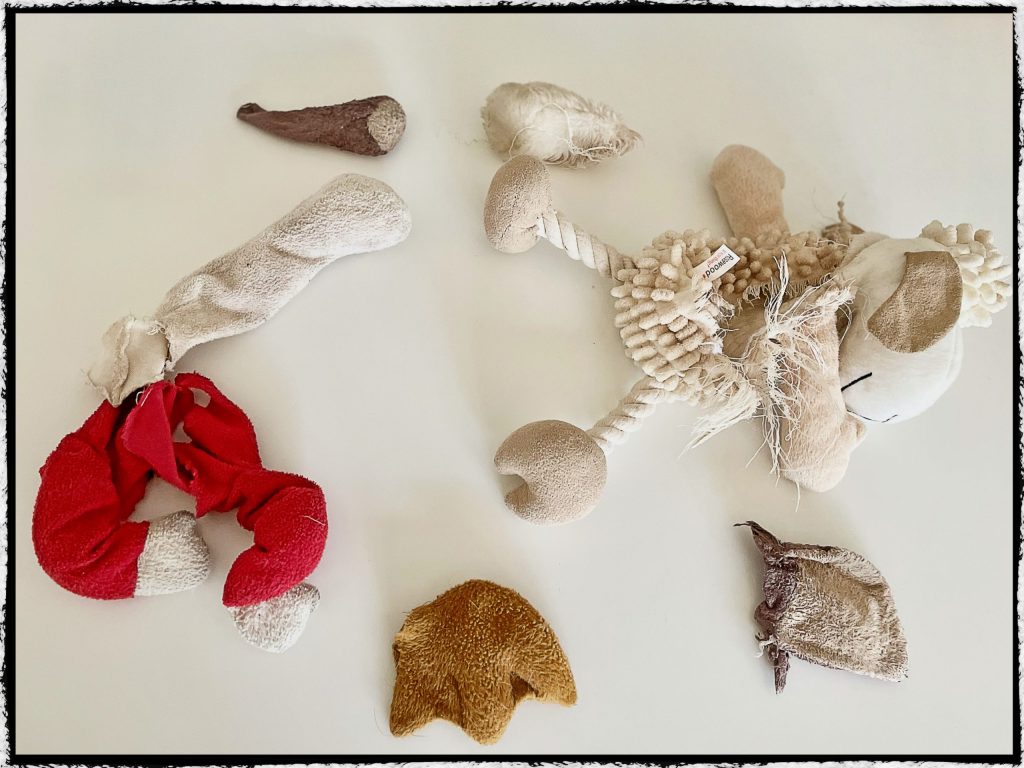
Ruth’s piece, titled ‘The Past’, is the newest contribution to the Life Writing Projects section ‘Traces’. The shared project of authors in this section is to explore the significance of the material traces we and others leave behind, and thus to save something of the past. Ruth’s piece explores personal traces that she encounters and leaves behind in her own life.
Ruth’s piece starts a new section at Life Writing Projects, titled ‘Encounters’, which will be developed in the coming months. Ruth’s text refers to a time when meeting others face to face was taken for granted; some planned future contributions will reflect the more constrained encounters of lockdown life. Ruth wrote along a premise that involved picking a sentence at random from a randomly selected book, and then another. These were used as opening and closing lines of a short piece of non-fiction.
A huge thank you to everyone who has contributed to REFRAME or REFRAME-affiliated projects over the past few months.

